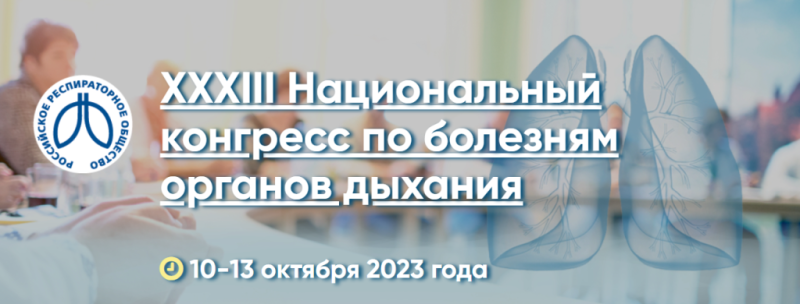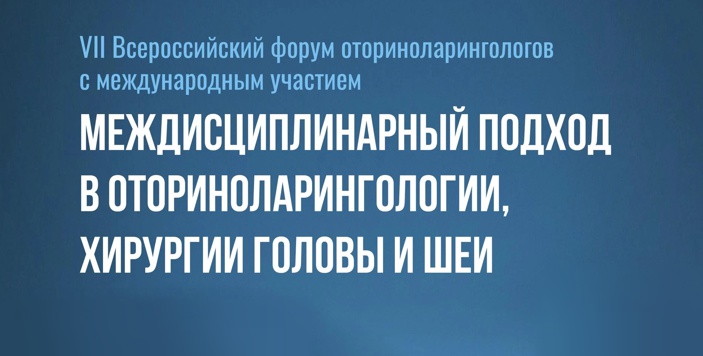
Role of vaccination against pneumococcal infection in national economic stability

Pneumococcal infection is the third leading cause of infection-related deaths in the world[1]. Practically every third patient over 65 years of age[2],[3], and every 5th with chronic cardiovascular diseases dies from pneumococcal pneumonia.[4]
Who should get vaccinated first? This was the topic explored by the experts at the 23rd National Congress of Respiratory Diseases in Moscow.
Young children, people over 65 years of age, people with underlying chronic health conditions, for example, cardiovascular, broncho-obstructive diseases, asthma, diabetes, HIV infection, etc. are at risk of pneumococcal infection.
Chief Pulmonologist of the Ministry of Health of the Russian Federation Sergey Avdeev, Academician of the Russian Academy of Sciences, M.D., PhD, Professor, talked about the medical and social burden of pneumococcal infection and risk factors for pneumonia.
The 13-valent conjugate vaccine Prevenar® 13 has been used in children in Russia as part of the national vaccination schedule for the prevention of pneumococcal infection since 2014. Over the years, significant success has been achieved, leading to a 56% decrease in infant mortality compared to the pre-vaccination period[6].
In addition, the specialists presented the results of a study that showed an almost tenfold reduction in the incidence of pneumonia after vaccination with Prevenar® 13 in the patients with chronic obstructive pulmonary disease (COPD) and diabetes mellitus[7].
As the season of respiratory infections and influenza drew near, the experts noted the importance of combined vaccination against pneumococcus and influenza. In older people and patients with COPD, such combination provides additional benefits, significantly reducing the likelihood of hospitalization for pneumonia and overall mortality rate.
In addition, a growing number of companies have recently been conducting corporate vaccination programs in an effort to protect the employees from infectious diseases. This process signifies social and economic importance for the whole country. Nikolay Briko, Academician of the Russian Academy of Sciences, MD, PhD, Professor, emphasized that vaccination of Russian citizens aged 65 years against pneumococcal infection is cost-efficient and leads to reduced morbidity and mortality.
Diabetes mellitus increases the risk of pneumococcal pneumonia in adults by 2.8 times, chronic cardiac diseases by 3.8 times, smoking by 3.9 times, alcohol abuse by 4.5 times, asthma by 5.9 times, and chronic lung diseases by 7.7 times[9].
1 GBD 2019 Antimicrobial Resistance Collaborators. Lancet 2022
2 Т.V. Barakhovskaya, A.V. Shcherbakova. Pneumonias: A Manual for Physicians — Irkutsk: 2017. — 80 p.
3 Nikolay Ivanovich Briko, Vladimir Andreyevich Korshunov, Kirill Sergeyevich Lomonosov PNEUMOCOCCAL INFECTION IN THE RUSSIAN FEDERATION: STATE OF THE ISSUE // Annals of the Russian Academy of Medical Sciences (RAMS). 2021. No.1
4 JAMA. 2020;323(19):1969-1971. doi:10.1001/jama.2020.6173
5 GBD 2019 Antimicrobial Resistance Collaborators. Lancet 2022; 400: 2221–48
6 https://rosstat.gov.ru/compendium/document/13269
7 G.L. Ignatova, E.V. Blinova, V.N. Antonov, I.V. Grebneva. Analysis of the effect of pneumococcal infection vaccine in patients with chronic obstructive pulmonary disease combined with diabetes mellitus // Therapeutic Archive. — 2019. — Vol. 91,. — No.11. — P. 49-54. doi: 10.26442/00403660.2019.11.000424
8 A.V. Rudakova, N.I. Briko, Yu.V. Lobzin, L.S. Namakhova-Baranova, O.M. Drapkina, S.N. Avdeev, L.Yu. Drozdova, G.L. Ignatova, I.S. Koroleva, V.A. Korshunov, M.P. Kostinov. Cost efficiency of vaccination against pneumococcal infection in the at-risk adults within the framework of the federal and regional programs. Journal of Infectious Diseases. 2019;11(4);6- 18. https://dol.org/10.22625/2072-6732-2019-11-4-6-18
9 Kimberly M. Shea, John Edelsberg, Derek Weycker, Raymond A. Farkouh, David R. Strutton, Stephen I. Pelton, Rates of Pneumococcal Disease in Adults With Chronic Medical Conditions, Open Forum Infectious Diseases, Volume 1, Issue 1, Spring 2014, ofu024, https://doi.org/10.1093/ofid/ofu024
10 Vaccinal prevention of pneumococcal infection in children and adults. Recommended Practice. Preventive Medicine. 2023;26(92):323


